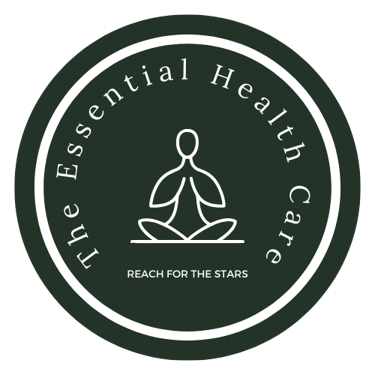Healthy Skin: Dairy-Free & Gluten-Free Diet
Unravel the potential connection between dairy milk, gluten, and skin issues such as eczema and psoriasis. Discover the transformative benefits of eliminating these dietary culprits and explore how this simple lifestyle shift can lead to clear, healthy skin. Embrace the natural approach to eczema and psoriasis relief and unlock the path to a confident, blemish-free you.
DIET
7/11/20232 min read


Eczema and psoriasis are common chronic skin conditions that can significantly impact an individual's quality of life. While there is no definitive cure for these skin issues, emerging research points to a potential connection between diet and skin health. One dietary approach gaining traction in managing eczema and psoriasis is abstaining from dairy milk and gluten-related products. Let's delve into the possible link between these dietary elements and skin issues, and how this simple lifestyle change can pave the way to clearer, healthier skin.
Understanding Eczema and Psoriasis:
Eczema: Eczema, also known as atopic dermatitis, is a chronic skin condition characterized by red, itchy, and inflamed patches. It is often triggered by factors such as allergens, irritants, and genetics.
Psoriasis: Psoriasis is an autoimmune skin disorder that causes skin cells to multiply rapidly, leading to thick, scaly, and inflamed patches on the skin. Stress, genetics, and environmental factors can trigger psoriasis flare-ups.
The Dairy Connection to Eczema and Psoriasis:
Dairy Allergens: Dairy milk contains proteins like casein and whey, which can trigger allergic reactions in some individuals, leading to skin issues like eczema and psoriasis.
Inflammation: The proteins and fats present in dairy milk may contribute to systemic inflammation, potentially exacerbating skin conditions like eczema and psoriasis.
Immune Response: Dairy consumption can influence the immune system, potentially affecting autoimmune skin conditions like psoriasis.
The Gluten Link to Eczema and Psoriasis:
Celiac Disease: Individuals with celiac disease, an autoimmune disorder triggered by gluten consumption, may experience skin issues like eczema and psoriasis as one of the symptoms.
Non-Celiac Gluten Sensitivity: Some individuals without celiac disease may still have a sensitivity to gluten, which can manifest as skin irritation or contribute to psoriasis flare-ups.
Inflammation and Gut Health: Gluten-related products can contribute to gut inflammation and imbalance, potentially influencing skin conditions through the gut-skin axis.
The Transformative Benefits of Abstaining from Dairy Milk and Gluten:
Reduced Inflammation: By eliminating dairy milk and gluten from the diet, individuals with eczema and psoriasis can potentially experience a decrease in systemic inflammation, leading to calmer and less irritated skin.
Improved Gut Health: Abstaining from these dietary triggers can promote gut health, reducing the risk of inflammation and its potential effects on skin conditions.
Allergy Management: For those with dairy allergies or gluten sensitivity, avoiding these triggers can prevent skin flare-ups associated with allergic reactions.
Finding Relief through Dietary Changes:
Dairy Milk Alternatives: Opt for plant-based milk alternatives like almond milk, coconut milk, or oat milk to replace dairy milk in your diet. These options are gentle on the digestive system and can offer the same creaminess and nutritional benefits.
Gluten-Free Grains: Embrace gluten-free grains like quinoa, rice, and buckwheat to enjoy delicious and nutrient-rich meals without triggering skin issues.
Nutrient-Dense Foods: Prioritize nutrient-dense foods such as fruits, vegetables, nuts, seeds, and healthy fats to support skin health and overall well-being.
Mindful Eating: Pay attention to how your body responds to different foods, and keep a food journal to identify potential triggers for skin flare-ups.
Consulting with a healthcare professional or a registered dietitian can be beneficial before making significant dietary changes. They can help you identify any potential dietary triggers and create a personalized plan that addresses your specific skin concerns and nutritional needs.
In conclusion, abstaining from dairy milk and gluten-related products can be a transformative approach to managing eczema and psoriasis. By embracing a diet rich in nutrient-dense foods and free from these potential triggers, individuals can find relief and improve their skin health. Empower yourself with this natural approach to skin issues and unlock the path to a confident, blemish-free you, embracing the freedom to live without the burden of eczema and psoriasis symptoms.

@ 2023 Pioneer Ventures Pty Ltd. All rights reserved. Our website services, content, and products are for informational purposes only. The Essential Health Care does not provide medical advice, diagnosis, or treatment.
